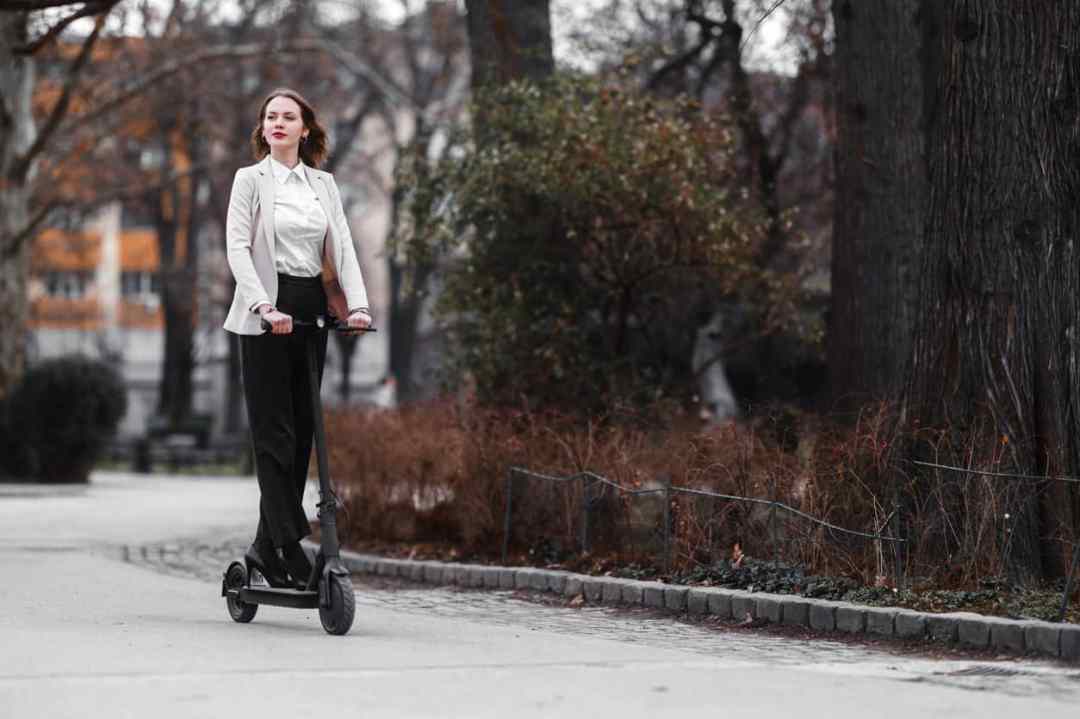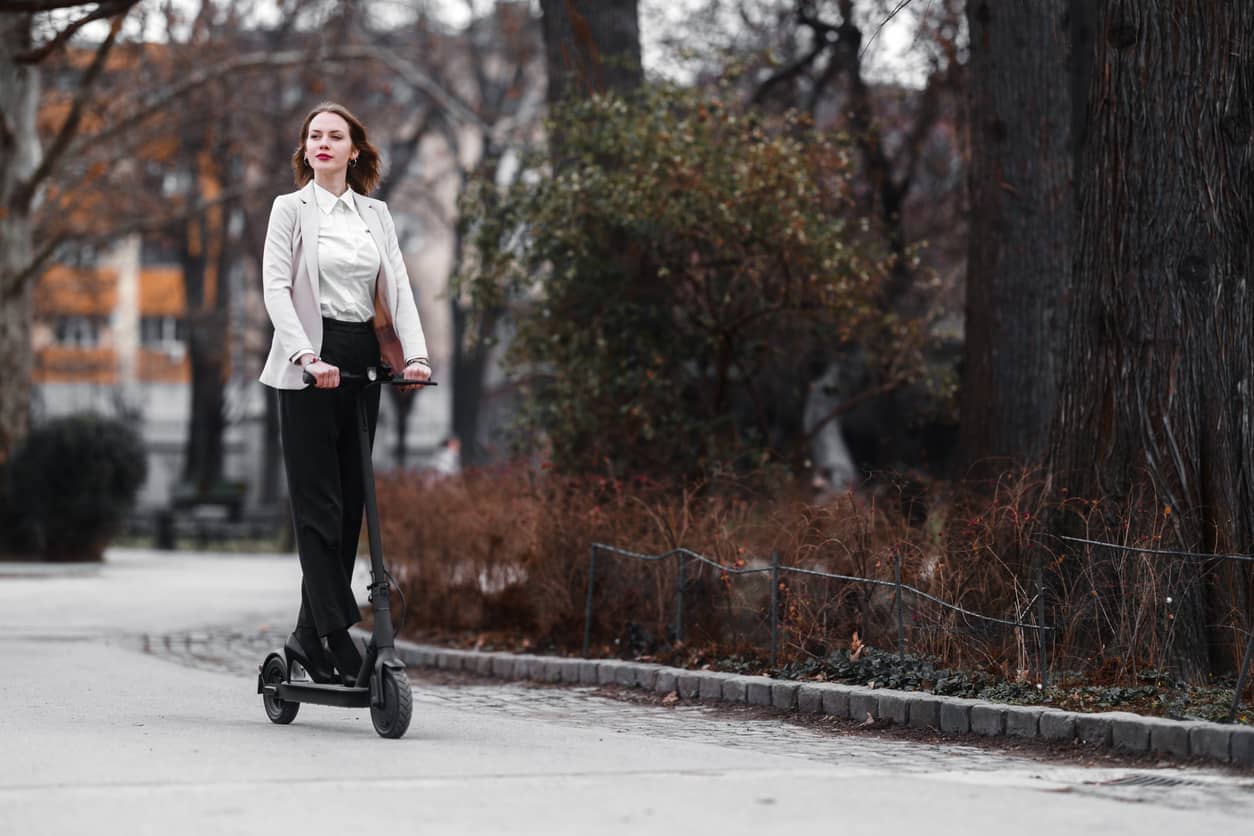Is there anything we use in everyday life which was not, at some point on its journey to acceptance, denounced as a menace? Certainly not cars, bicycles, trains and aeroplanes, all of which were accused of various hazards and temptations. To take trains, for example, some confidently predicted that their passengers would suffocate at high speeds – or that they would encourage prostitution or criminality by providing greater opportunities to travel. It should come as no surprise, then, that e-scooters have been treated in much the same way.
It is possible to be bowled over by an e-scooter while crossing the road – but that seems somewhat preferable to being hit by a car, bus or lorry
The government does, however, seem poised to act. In the Queen’s speech on 10 May it seems that a bill will be announced to legalise the use of private scooters on the roads. At the moment we have an absurd fudge which has all the markings of having been formulated to please certain commercial interests rather than resolve the issue of public danger. E-scooters are only allowed under organised rental schemes, and banned from public spaces if they are in private ownership. Why? You can see why it should suit the likes of Bird, a Californian company which, er, runs scooter rental schemes. But it is hard to see what such a ban really achieves. Would our roads, for example, be safer if only hire cars were allowed?
There is a pretty straightforward solution: which is that e-scooters are allowed on the roads, whether the machines are in private or corporate ownership, but that ‘road’ really does mean road – and that it is combined with a crackdown on e-scooters ridden on the pavement. That is where e-scooters are a menace: when they are used amongst pedestrians. It is a little bizarre, on the other hand, to ban them from the road. True, it is possible to be bowled over by a fast-moving e-scooter while crossing the road – but that seems somewhat preferable to being hit by a car, bus or lorry. When confined to roads, e-scooters are a rather minor contributor to road danger. Indeed, if a proportion of motorists were persuaded to switch to e-scooters, and kept to the road, our towns would be a lot safer, and a lot less polluted, than they are now.
E-scooters don’t quite fit in with the government’s efforts to persuade us to take up more physical exercise. If instead of persuading people to switch from cars scooters entice people to give up walking and cycling, it will mean more lard-buckets and more medical conditions related to lack of exercise. But it shouldn’t be the role of government to tell us how much exercise we should take – that is a matter for our own judgment.
Personally, I would always rather walk than take a scooter, but good government lies in minimum regulation to balance public safety with the need to get about. There is no justification in banning privately-owned scooters from the roads.








Comments